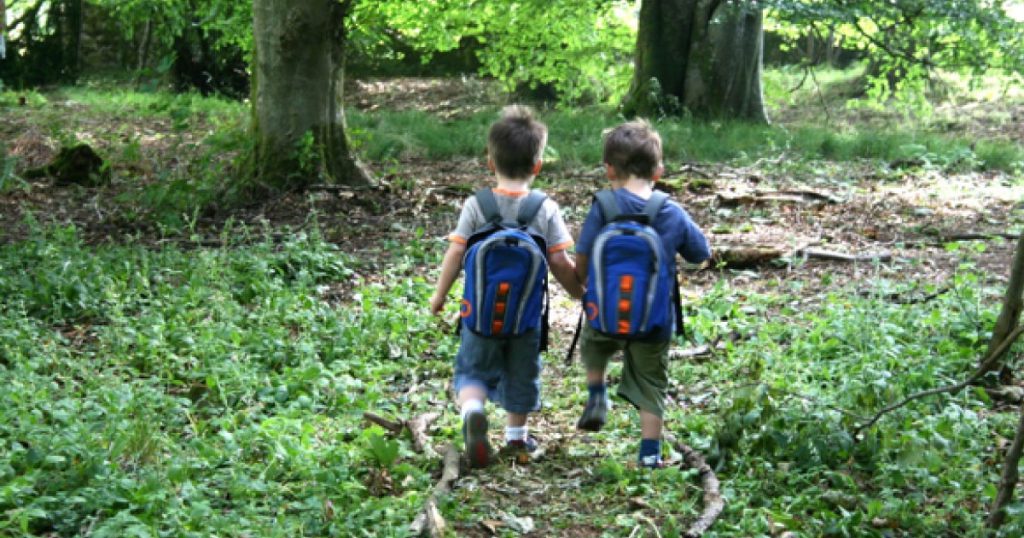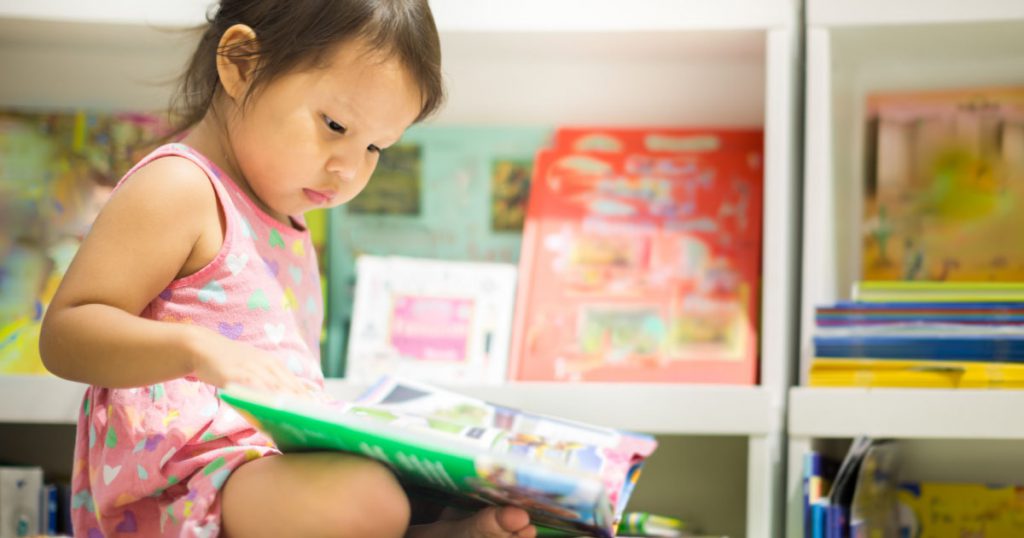[vc_row][vc_column][vc_column_text]
 ‘We welcome everyone and respect every person’s right to belong’. Early childhood professionals say this all the time. It’s one of our sector’s dearly held mantras.Every day, through our words and actions, we endorse this sentiment. Pre-service teachers introduce it to their students and assess their competency to enact it. Leaders remind their teams that these are not simply words in philosophy but actions to live by. Educators demonstrate this commitment by respectfully welcoming families and showing them around the settings they are considering for their child. As we recruit new staff, we state our commitment to fair work and ensuring respect is afforded to each member of our community. Governments encourage a commitment to inclusion by making it a part of our guiding documents, and peak bodies like ECA advocate for policies that make for a more just and equitable future.
‘We welcome everyone and respect every person’s right to belong’. Early childhood professionals say this all the time. It’s one of our sector’s dearly held mantras.Every day, through our words and actions, we endorse this sentiment. Pre-service teachers introduce it to their students and assess their competency to enact it. Leaders remind their teams that these are not simply words in philosophy but actions to live by. Educators demonstrate this commitment by respectfully welcoming families and showing them around the settings they are considering for their child. As we recruit new staff, we state our commitment to fair work and ensuring respect is afforded to each member of our community. Governments encourage a commitment to inclusion by making it a part of our guiding documents, and peak bodies like ECA advocate for policies that make for a more just and equitable future.‘Inclusion’ sounds simple in theory. However, in reality, implementing the principles of welcoming, belonging and inclusion in children services may be much more challenging, especially in the post-COVID world where some members of our extended community have been feeling just the opposite—unwelcome, excluded and rejected.
But, before we blame COVID entirely, let’s reminisce for a moment. Exclusion has been part of our world for a long time. Educators online childcare courses recognised in the 2016 review and ongoing work of the ECA Code of Ethics that inclusion is a complex path. They alerted the review team to the difficulties of creating a welcoming space for everyone when diverse perspectives make cohabitation almost impossible. They also raised some relevant questions:
- Can everyone really belong everywhere, all of the time?
- How do we ensure that all children belong when one child consistently hurts other children and staff? Whose ‘right to belong’ wins in this context?
- On our social media pages, do we continue to include educators whose opinions challenge an inclusive world view?
- Is there place for families who ask us to honour practices that sit uncomfortably with progressive views of society?
- How do we create a sense of belonging for a colleague who has chosen not to get the COVID vaccination?[1]
- How do we reconcile ‘belonging’ with ‘trust’ and ‘responsibility’?
As part of ECA’s Exploring Ethics series, Catharine Hydon and her colleague Trent Moy discuss how to navigate the ethics of inclusion.
Catharine: Trent, can we all belong?
Trent: Great question. Let me break it down.
- Are we all entitled to unconditional acceptance as human beings, to be regarded with equal dignity and to have our rights upheld? Yes.
- Do we have the right to our own identity and to express our values and beliefs, especially when they may be unconventional? Yes.
- Should we distinguish between children’s right to belong while they are still forming values, Cert 3 in Education Support thinking and behaviours and adults’ right to belong (or opt out) in the ECEC community? Probably.
- Should we also respect the rights of families to belong when the best interests of their children are at stake? Most certainly.
- Can we expect to always be happy and satisfied or to exercise our values regardless of the impact they have on the community to which we may wish to belong? No.
I think it’s more accurate to say that we have the right to seek to belong without diluting our identity or values. A community, including a professional community or a workplace, has the duty to be dynamic in terms of responding to the needs of human beings and the planet and acting with respect for the dignity of others. But that does not mean we will always belong to every subset of humanity.
A challenge for professions like children’s education and care is that, in pursuing the common good, we need to do our best to ensure that every individual (child, family member, educator) and the community as a whole flourishes, as well as the profession. That’s not going to happen if every individual’s right to belong is asserted as being paramount. It is more likely to happen when individual rights to respect, equity and identity are upheld as part of ‘act[ing] in the best interests of all children and work[ing] collectively to ensure that every child is thriving and learning’ (ECA’s vision statement).
The implication is that we do need to make hard and well-informed decisions about what does not belong: incompetent or unsafe behaviours, reckless misinformation that goes beyond simply challenging convention, unacceptable risks to children, etc.
Catharine: Of course, we have done precisely that. For example, we already have clear expectations of educators who hope to join our profession Anyone who does not have the relevant qualification or is still working towards one cannot belong Diploma in Early Childhood Education and Care to our profession. Police clearances also prevent some from being able to work directly with children. And it’s not just educators; from time to time parents may not be able to access our services because of court orders or criminal histories.
Trent: I’ve heard many discussions about rights and belonging. There’s value in remembering that belonging is always accompanied by a set of responsibilities to something bigger than oneself. In the context of a caring profession or workplace, it is helpful to think of belonging as ‘participating in the full and complex life of the profession/workplace’.
Catharine: Perhaps we could take the responsibility of thinking about other ways in which our various stakeholders can belong, if not as participating members of our community of learners. This could be through roles such as provocateurs, advocates, influencers, demanders of change and challengers of taken-for-granted practices.
- It would also help to reflect on the following questions when considering the ethical dimensions of belonging:
- How do you define belonging? What does it mean to belong?
- How do you demonstrate a commitment to unconditional acceptance for human beings, to regarding all with equal dignity and to ensuring our rights are upheld?
- What responsibilities are expected of those who seek to belong?
- What challenges this commitment?
- How might you create a space for provocateurs, advocates, influencers, demanders of change and challengers of taken-for-granted practices?
- What commitments of the ECA Code of Ethics might help you navigate this space?
[/vc_column_text][/vc_column][/vc_row]


